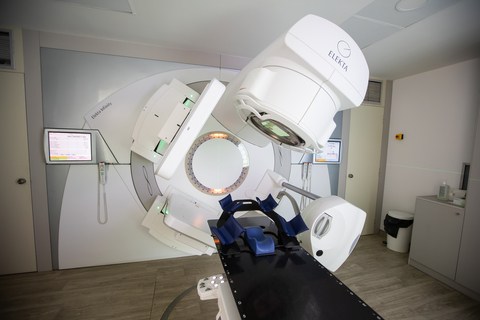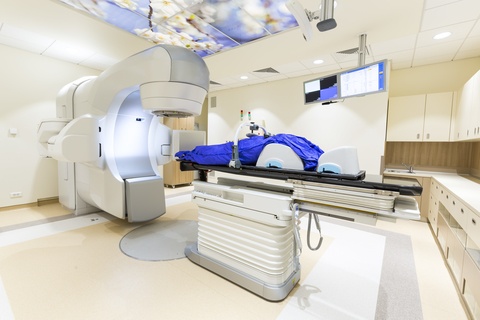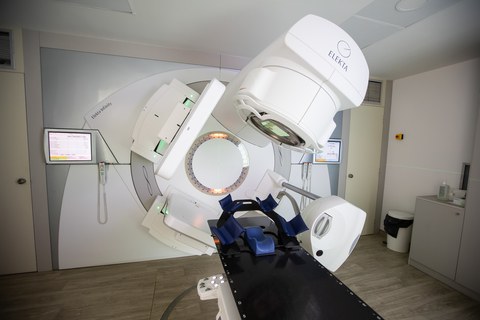Palliative Radiotherapy for Mesothelioma Faster with New Technology
A new type of linear accelerator could make palliative radiotherapy for mesothelioma faster and safer. That news comes from researchers in the Perelman School of Medicine at the University of Pennsylvania. Perelman is the site of some of the world’s foremost mesothelioma research. Their new report on palliative radiotherapy for mesothelioma focuses on the Halcyon multileaf collimator. This machine delivers radiotherapy to relieve mesothelioma symptoms. The report shows patients were in and out of treatment within minutes. This could make Halcyon an option for fragile mesothelioma patients who could not tolerate a longer treatment. What is Palliative Radiotherapy for Mesothelioma? Palliative medicine is a branch of medicine focused on symptom management. Many mesothelioma patients have no symptoms for many years….









